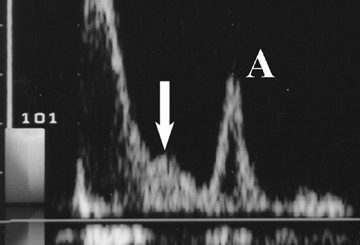Eczema
Contents
- 1 The hallmark of all eczematous eruptions is
- 2 The most frequently affected site in ear eczema is
- 3 Malignant external otitis is caused by
- 4 Eyelid dermatitis by nail polish is caused by
- 5 All are true of Breast eczema (nipple eczema) except
- 6 In short
- 7 High-risk occupations
- 8 Winter itch
- 9 Nummular eczema
The hallmark of all eczematous eruptions is
A. Acanthosis
B. Hyperkeratosis
C. Spongiosis
D. Xerosis
The most frequently affected site in ear eczema is
A. External auditory canal
B. Helix
C. Postauricular fold
D. Tympanic membrane
Malignant external otitis is caused by
A. Staphylococci
B. Streptococci
C. Pseudomonas
D. Candida albicans
Eyelid dermatitis by nail polish is caused by
A. Oleamidopropyl dimethylamine
B. Tosylamide formaldehyde
C. Quaternium 15
D. Paraphenylenediamine
All are true of Breast eczema (nipple eczema) except
A. Secondary infection with Candida is common
B. Painful fissuring is frequently seen, especially in nursing mothers
C. Unilateral eczema of the nipple or areola persisting for more than 3 months need biopsy to rule out Paget’s disease of the breast
D. Eczema of the breasts usually affects the base of nipple
In short
Hand eczema is the most common occupational skin condition, accounting for more than 80% of all occupational dermatitides.
High-risk occupations
High-risk occupations for hand eczema include bakers, hairdressers, dental surgery assistants, kitchen workers/cooks, butchers, health care workers, cleaners, physicians/dentists/veterinarians, and laboratory technicians.
Winter itch
Xerotic eczema is also known as winter itch in elderly people affecting the anterior shins, extensor arms, and flank.
Nummular eczema
Nummular eczema (NE) usually begins on the lower legs, dorsa of the hands, or extensor surfaces of the arms. Alcohol consumption has been associated with NE in adult males.





